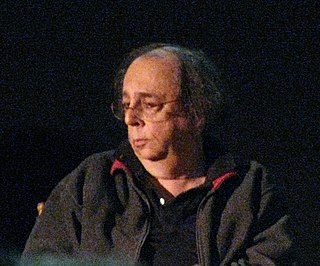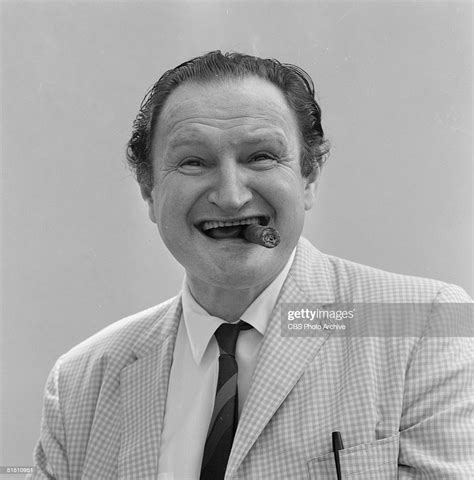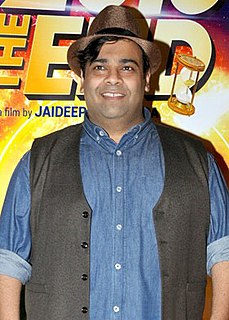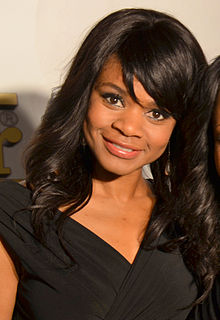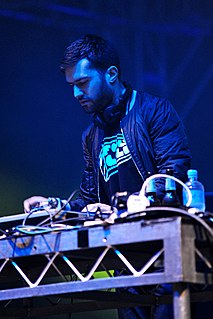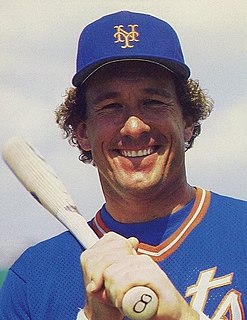A Quote by Mark Strong
I loved making The Imitation Game and it's really gratifying to hear the audience's response to the character that I play.
Related Quotes
I loved making The Imitation Game and it's really gratifying to hear the audience's response to the character that I play. It was just a little thing that I did because I really liked the film and I liked Benedict [Cumberbatch] and I loved Morten's [director Morten Tyldum] previous film, Headhunters. For me, it was something I did thinking, "Wow, this is a lovely quality piece of work."
I like playing at public schools. I like when there's more of a diverse audience. I'll play wherever people want to hear my music, and I'll be glad and grateful for the opportunity, but I'd rather not play for a bunch of white privileged kids. I'm not meaning that in a disrespectful way; you go where people want to hear your music. So if that's where people want to hear me play, I'm glad to play for them. But I'd rather play for an audience where half of them were not into it than one where all of them were pretending to be into it, for fear of being uncultured.

